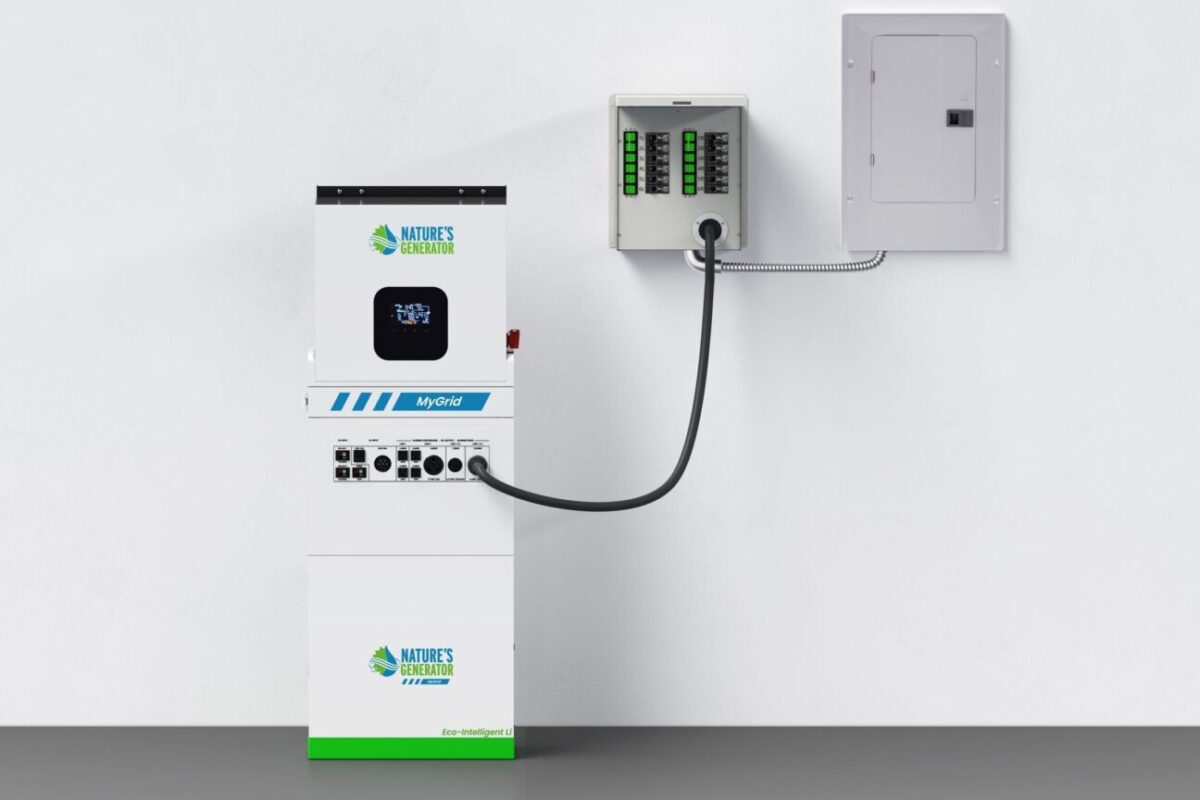Niger’s Council of Ministers has adopted a decree stating a solar power station at Gorou Banda near Niamey, the country’s capital, to be of public utility. The project had already been declared of public utility in October 2018, but at the time its planned capacity was 20 MW.
The new project will instead have an expected capacity ranging from 30 MW to 60 MW. “This procedure will provide for the space necessary for the installation of the photovoltaic plant,” the country's cabinet specified.
The solar park will use the same grid connection of a co-located 100 MW diesel-fueled thermal power plant that was commissioned in 2017. They will both be connected to a medium-voltage substation in Zabori.
According to a document published by the World Bank at that time, the Gorou Banda diesel power plant was to provide enough power to meet expected demand for a five-year period – at a high generation cost – until cheaper options became available.
The World Bank cited hydro, coal or imported power from neighboring West African states as possible alternatives and also mentioned a plan to deploy 100 MW of PV capacity. “Two grid-connected solar PV projects – 30 MW in Gorou Banda and 30 MW in Guessel Bodi – have been identified and are under preparation,” the World Bank report stated.
Niger is currently meeting all of its power demand with electricity imports from Nigeria. Its electric utility, Nigelec, has an installed power generation capacity of around 140 MW. The access rate to power in the country is only 15%.
This content is protected by copyright and may not be reused. If you want to cooperate with us and would like to reuse some of our content, please contact: editors@pv-magazine.com.




2 comments
By submitting this form you agree to pv magazine using your data for the purposes of publishing your comment.
Your personal data will only be disclosed or otherwise transmitted to third parties for the purposes of spam filtering or if this is necessary for technical maintenance of the website. Any other transfer to third parties will not take place unless this is justified on the basis of applicable data protection regulations or if pv magazine is legally obliged to do so.
You may revoke this consent at any time with effect for the future, in which case your personal data will be deleted immediately. Otherwise, your data will be deleted if pv magazine has processed your request or the purpose of data storage is fulfilled.
Further information on data privacy can be found in our Data Protection Policy.